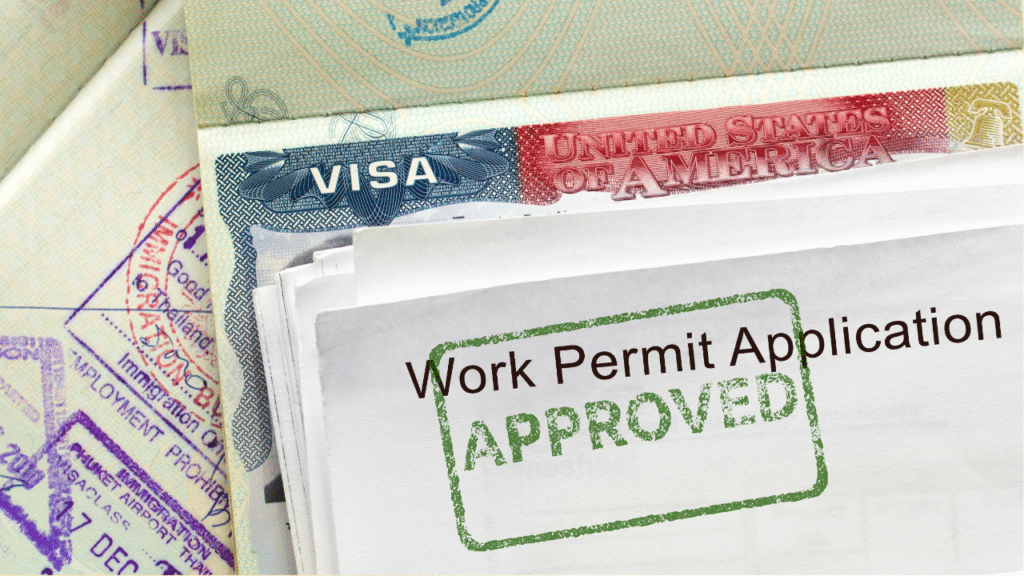In a significant update from the U.S. Department of Homeland Security (DHS), employers using the federal E-Verify system can now access a Status Change Report that identifies immigrant employees whose work permits have been terminated. The feature, aimed at improving hiring compliance, comes at a time of shifting immigration policies and increased scrutiny on employment authorization.
In this Article
What Is the E-Verify Status Change Report?
The newly introduced E-Verify Status Change Report allows businesses to generate a real-time update on any changes in the work authorization status of their immigrant workforce. This means employers can now verify if previously approved Employment Authorization Documents (EADs) have been revoked—even if the physical card still appears valid.
This move is part of broader efforts by DHS to ensure that all employees in the U.S. are authorized to work under current immigration law.
Context Behind the Change
This update follows a major U.S. Supreme Court ruling allowing DHS to cancel deportation protections and work permits for immigrants under Temporary Protected Status (TPS) and certain humanitarian parole programs, including those for individuals from Cuba, Haiti, Nicaragua, and Venezuela (CHNV). As a result, employers—especially those in industries dependent on immigrant labor—must now closely monitor the employment status of their foreign workers.
Many impacted individuals have pending applications for asylum, green cards, or TPS renewals. However, until those cases are approved, their work permits may not remain valid.
Implications for Employers
The introduction of the E-Verify Status Change Report places a legal obligation on employers to act swiftly if any employee is flagged as unauthorized:
- If the report shows that an employee’s work permit has been revoked, and no alternative valid authorization exists, the employer must terminate employment.
- Continuing to employ individuals without valid authorization can result in civil penalties or criminal prosecution.
- However, discriminatory practices are strictly prohibited. Employers must not selectively screen workers based on their national origin or ethnicity. Such actions would violate the Immigration and Nationality Act.
A Delicate Balance: Compliance Without Discrimination
DHS has urged employers to act responsibly and avoid using the status report to unfairly target employees from specific countries. The tool is designed solely for verifying work authorization—not for initiating discriminatory actions.
“Employers should use the report to confirm authorization, not to speculate based on an employee’s country of origin,” DHS stated.
With many affected workers still holding physical cards that may appear valid, the report provides critical clarity for employers navigating an increasingly complex legal landscape.
Check out: FIFA World Cup 2026 US Visa Wait Time Is Crushing Dreams—Here’s How Indian Fans Can Still Make It
What Employers Need to Do
The E-Verify Status Change Report is a necessary compliance tool for companies that employ immigrants. To ensure they stay within legal boundaries, employers should:
✅ Regularly generate and review the status report
✅ Confirm any listed employees’ authorization with supporting documentation
✅ Consult legal counsel before making termination decisions
✅ Avoid discriminatory practices in document review or follow-up actions
As immigration regulations continue to evolve, staying informed and compliant is not just good practice—it’s a legal requirement.


